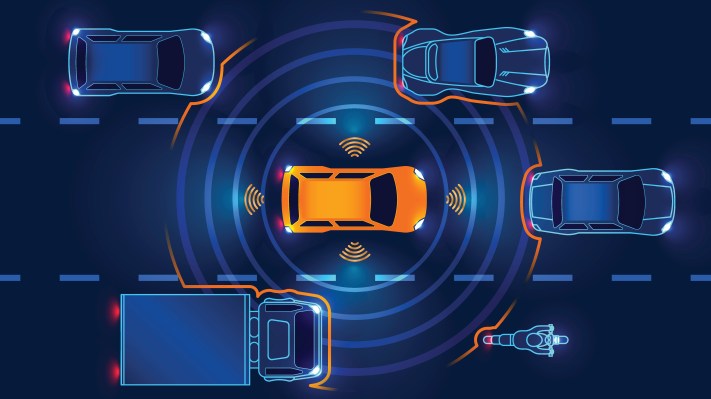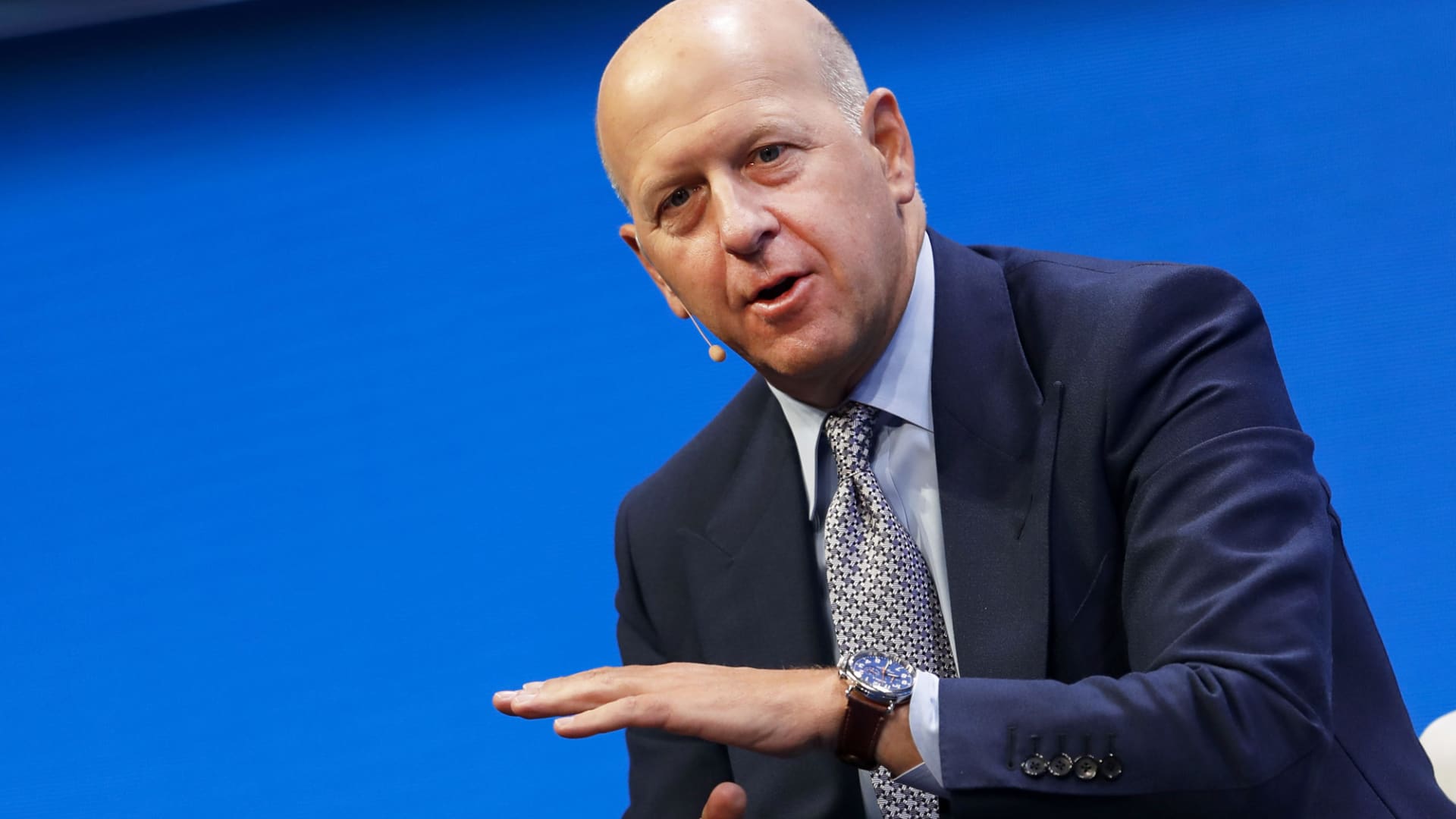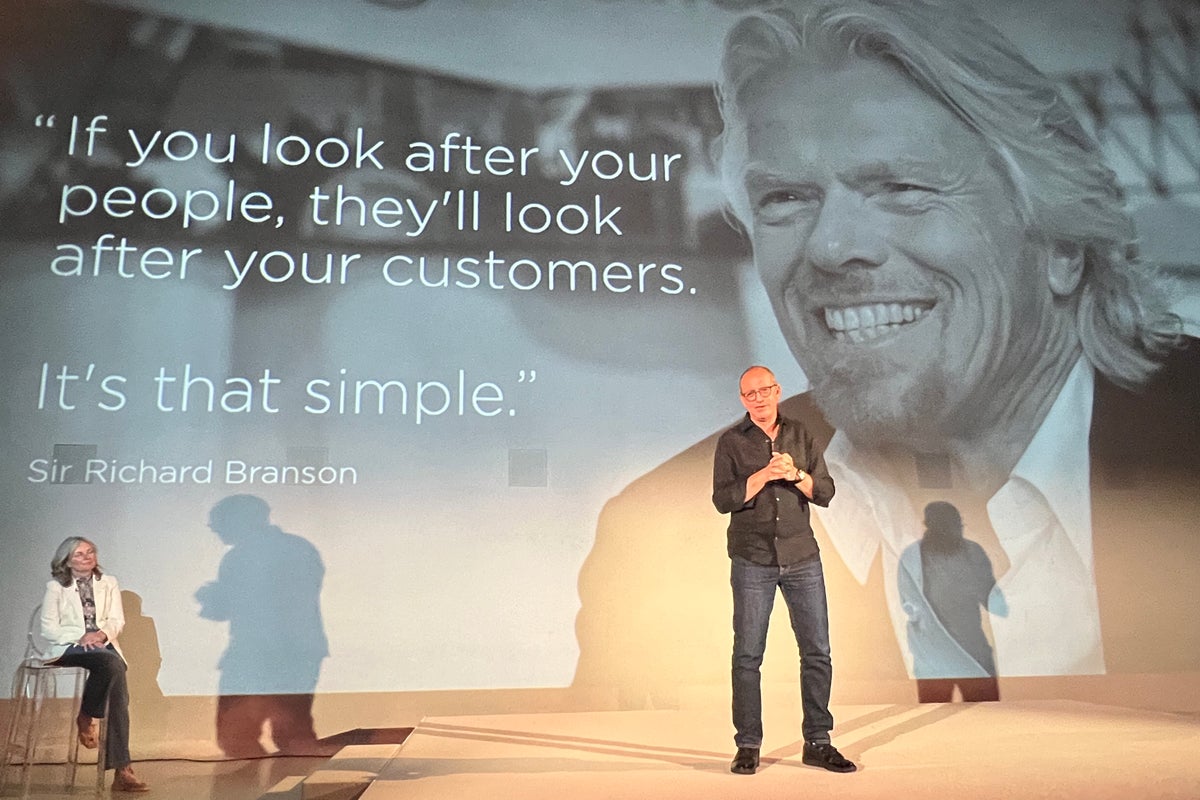Metaverse expert Matthew Ball still believes in the 3D internet
Illustration by Alex Castro / The VergeThis week on Decoder, I talked to author Matthew Ball, who was last on the show in 2022 to discuss his book “The Metaverse: And How it Will Revolutionize Everything.” It’s 2024, and...
/cdn.vox-cdn.com/uploads/chorus_asset/file/22888569/acastro_210929_4779_0001.jpg)
This week on Decoder, I talked to author Matthew Ball, who was last on the show in 2022 to discuss his book “The Metaverse: And How it Will Revolutionize Everything.” It’s 2024, and it’s safe to say that has not happened yet. But Matt’s still on the case — in fact, he just performed an almost complete update of the book, now with the much more sober title, “Building the Spatial Internet.” It’s out next week on Tuesday, July 23rd.
Matt and I talked a lot about where the previous metaverse hype cycle landed us and what there is to learn from these boom and bust waves in technology. We also talked about the Apple Vision Pro as a marker or symbol of where the metaverse is now and where it has to go. If you read or watched my review when it came out, you’ll know I think the Vision Pro is sort of an end point for one set of technologies, and I wanted to know if Matt felt the same and what needs to happen to make all of this more mainstream and accessible.
Matt’s overall point is that it’s tempting to think that the metaverse just fizzled out after the huge explosion of hype that came after Facebook renamed itself to Meta, hype which the lackluster Quest Pro and messy Horizon platform couldn’t really live up to. And hype which eventually got totally washed away by the arrival of generative AI.
But the metaverse didn’t just disappear. The major players — Meta, Fortnite maker Epic Games, Roblox — are all still plugging away at the idea, albeit gradually. While Meta and Apple go head-to-head on hardware, the gaming companies whose engines make the 3D internet come to life are still working on some of the core technical ideas — like interoperability and what combination of AR and VR consumers actually want.
That’s all while game makers contend with an industrywide downturn that’s led to waves of layoffs in addition to a pretty stark lack of consumer enthusiasm in the whole metaverse concept. Combine all of that with some intense backlash against both AI and crypto, and you can start to see why we’re not racing as fast toward this next-generation internet as we might have once thought.
Matthew and I got into all of that and more, and he makes his case for why the ideas that power what we think of as the metaverse today are a whole lot bigger than just buzzwords and futurist predictions. He’s optimistic that we’re still on the path toward this new, spatial, or more 3D version of the internet — progress is still being made and that maybe these booms and busts are just part of the trajectory from where we are now to where we might be in the future.

 JimMin
JimMin 
































